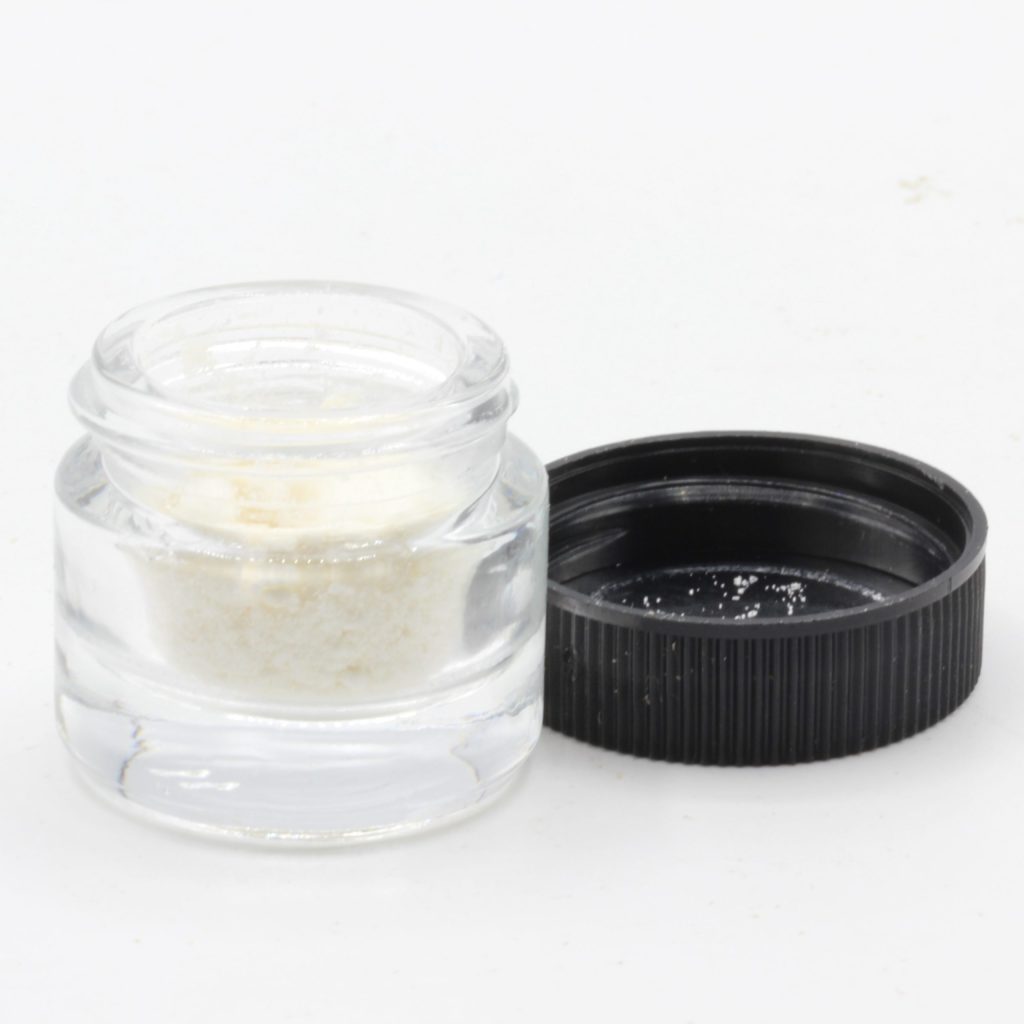Shopping
Is CBD a safe and effective sleeping aid?
A good night’s sleep is essential to your overall health and wellbeing. Experts recommend adults sleep at least seven hours each night. Proper sleep contributes to memory formation, prevents sickness, and ensures you feel well-rested and have energy for the next day. Unfortunately, as many as 70% of Canadians reported not sleeping the recommended hours.
One increasingly popular strategy for sleeping better is taking cannabidiol (CBD), a derivative of cannabis. CBD is commonly used to improve sleep, but much more research must be done to determine the exact effects CBD has on sleep quality.
What Is Cannabidiol (CBD)?
While there are many different slang terms for this green, narrow-leafed plant, it is scientifically called Cannabis sativa. The word “cannabis” can be used to describe any products made from the plant. Cannabis plants contain multiple chemical compounds, including a group referred to as “cannabinoids.” Out of more than 100 cannabinoids, researchers have primarily studied two that appear to have the greatest impact on humans: cannabidiol (CBD) and tetrahydrocannabinol (THC).
CBD can be legally sold in the Canada when extracted from hemp and marketed according to relevant regulations. Compared to THC, CBD does not have psychoactive properties and does not have effects that would lead to potential dependency or risk of abuse.
CBD is an increasingly popular substance in the U.S. While many health benefits have been attributed to CBD, in most cases, scientific validity of its effectiveness is still unclear.
What Are Common Doses of CBD?
The FDA doesn’t regulate dosing of non-drug CBD products. As a result, the amount of CBD in products varies widely among forms.
Research shows 300-mg oral doses of CBD can be taken safely on a daily basis for up to six months. One scientific review showed that taking up to 1.5 grams daily was well-tolerated by participants. A subsequent review confirmed that use of 1.5 grams daily for four weeks showed no negative effects.
What Are the Effects of CBD?
Research shows that CBD has a calming effect on the nervous system. CBD can also alter mood because it affects the serotonin system. Outcomes vary among people and depend on the product type and dose.
Unlike THC, CBD does not induce a feeling of being “high.” Even large doses of CBD do not produce THC-like effects. Additionally, a few studies have demonstrated that CBD reduces the psychoactive effects of THC.
CBD products may contain higher levels of THC than reported or contain THC that is not reported on the label at all. The extra THC in these products can produce intoxicating effects, which may or may not be desired.
What Health Conditions Can CBD Help With?
So far, CBD’s effectiveness in the treatment of epilepsy is well-supported by research. Other early research suggests that CBD may also help treat anxiety and substance use disorders.
Currently, there is insufficient research to determine the effectiveness of CBD in treating other health conditions. However, preliminary research suggests CBD can help with a number of sleep disorders, including insomnia.


